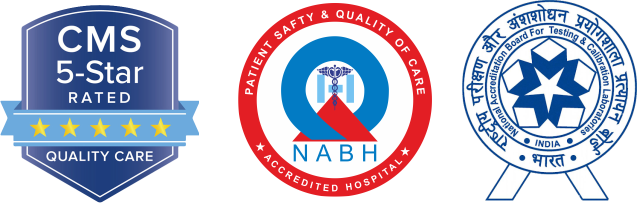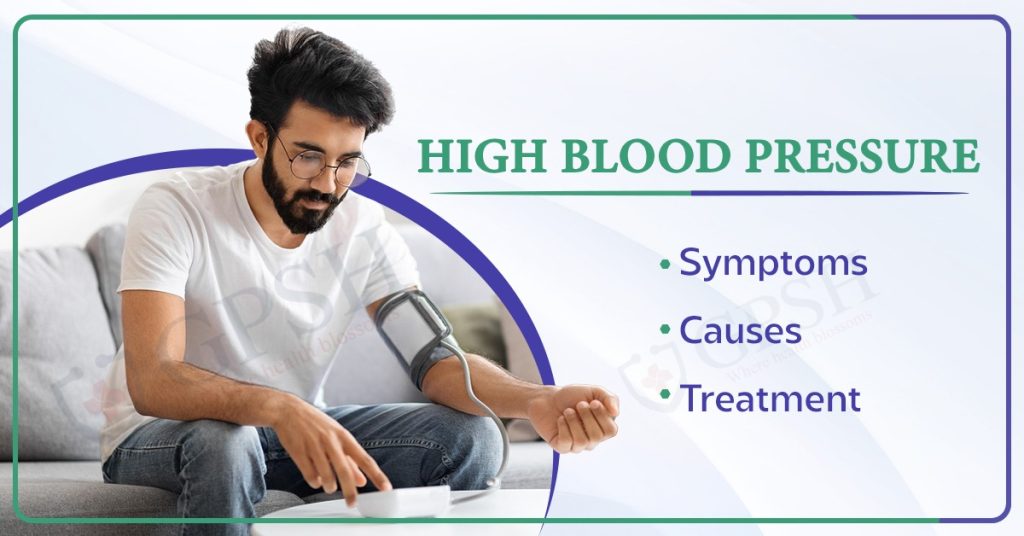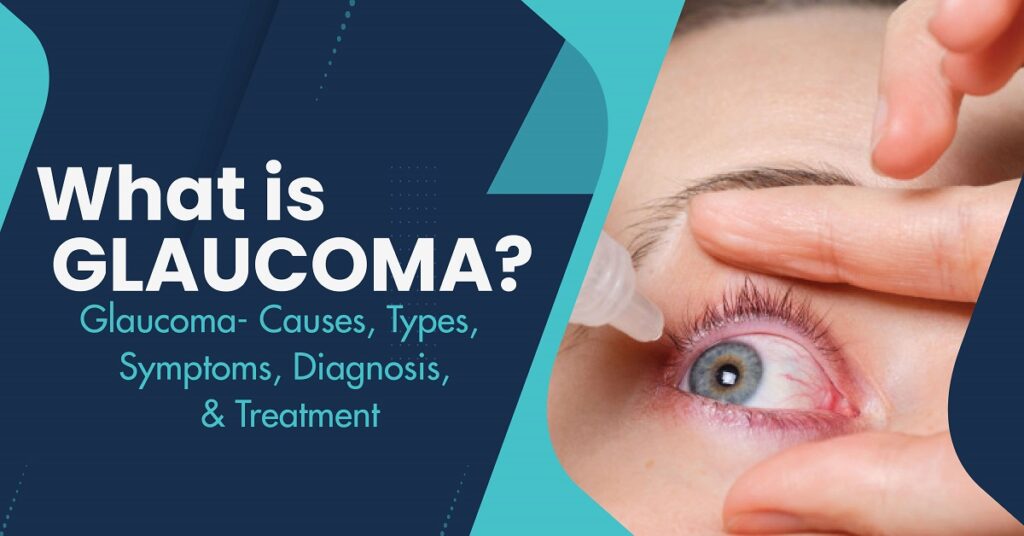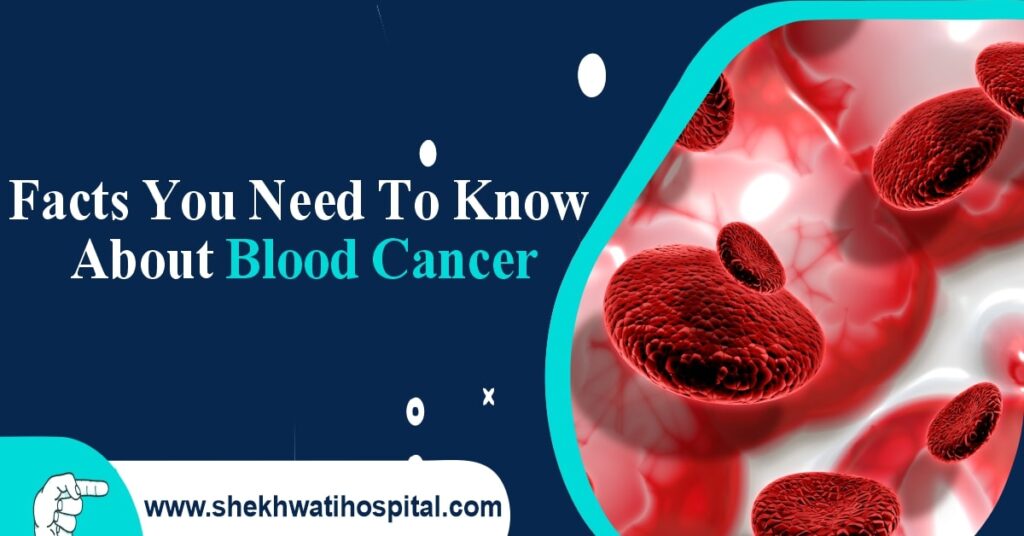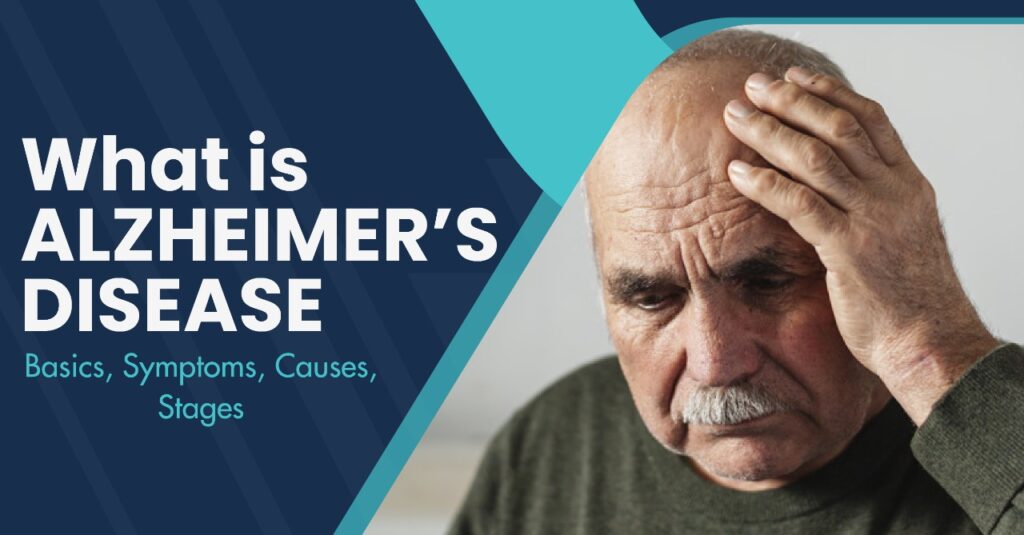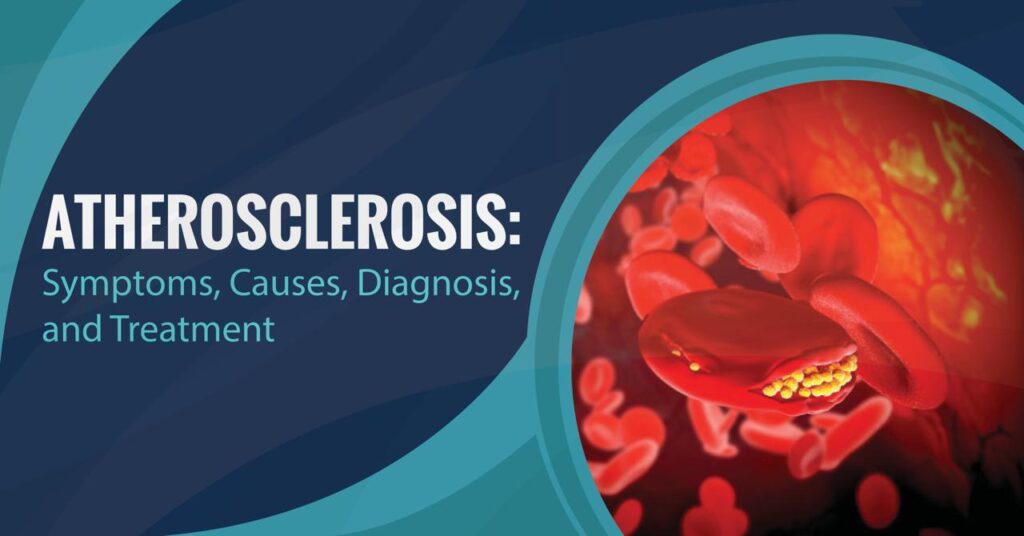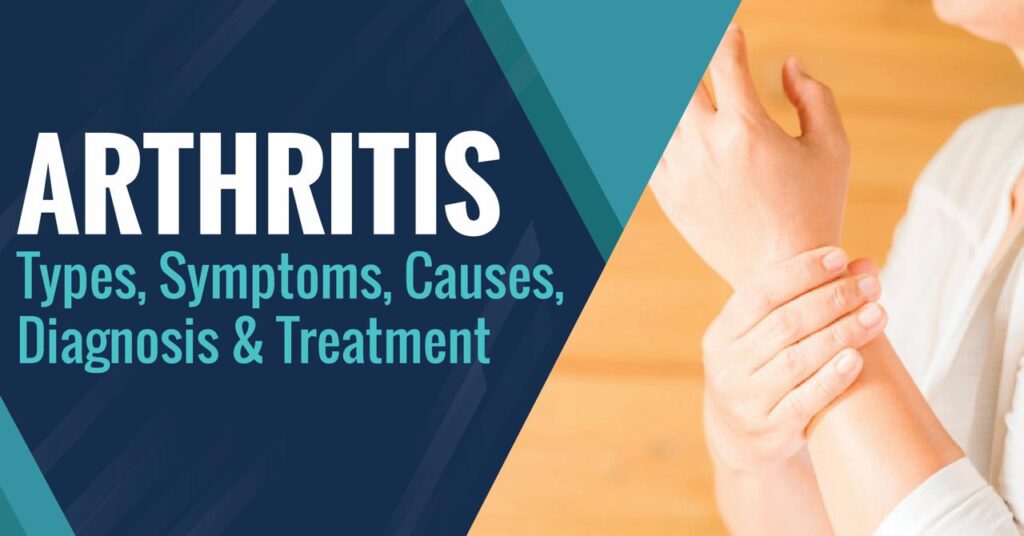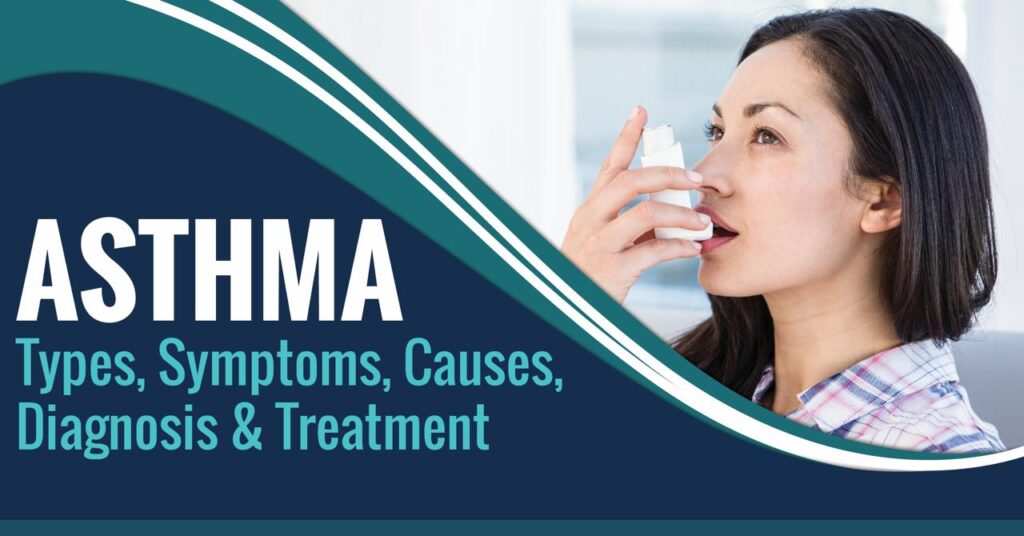Introduction
High blood pressure, or hypertension, is a common yet potentially serious condition that affects millions of people worldwide. In this comprehensive guide, we will explore the symptoms, causes, and various treatment options for high blood pressure. Understanding the symptoms and causes is crucial for early detection and intervention while knowing the treatment options can significantly improve management and reduce the risk of complications. Let’s delve into the intricate details of high blood pressure to gain a better understanding of this condition.
What is High Blood Pressure?
High blood pressure, also known as hypertension, is a medical condition characterized by the persistent elevation of blood pressure within the arteries. Blood pressure is the force exerted by the blood against the walls of the arteries as it circulates through the body. When this force remains consistently higher than normal, it can lead to various health complications, including an increased risk of heart disease, stroke, and other serious medical conditions.
Symptoms of High Blood Pressure
Symptoms of high blood pressure may not always be noticeable, which is why it’s often referred to as the “silent killer.” However, some people with high blood pressure may experience the following:
- Headaches: Persistent or recurring headaches, particularly at the back of the head, can be a symptom of high blood pressure.
- Shortness of Breath: Difficulty breathing or shortness of breath, even with mild exertion, can be an indicator of high blood pressure.
- Dizziness and Vertigo: Feeling lightheaded, dizzy, or experiencing episodes of vertigo may be symptoms of high blood pressure.
- Chest Pain: Chest pain, often described as tightness, pressure, or a squeezing sensation, can be a symptom of high blood pressure and heart problems.
- Fatigue: Persistent fatigue, weakness, or a general feeling of being unwell can be signs of high blood pressure.
- Irregular Heartbeat (Arrhythmia): High blood pressure may cause an irregular heartbeat, which may be felt as palpitations or a rapid heartbeat.
- Nosebleeds: While not a common symptom, frequent nosebleeds could sometimes indicate high blood pressure.
You can read also:- Carpal Tunnel Syndrome: Symptoms, Causes, Risk Factors & Treatment
Causes of high blood pressure
Several factors can contribute to the development of high blood pressure. Understanding these causes can help in prevention and management. Here are the causes of high blood pressure:
- Illegal Drug Consumption: The use of illicit substances such as cocaine, methamphetamines, and heroin can contribute to high blood pressure.
- Sleep Apnea: Sleep disorders, particularly obstructive sleep apnea, can contribute to high blood pressure. Disordered breathing during sleep can cause a rise in blood pressure.
- Lack of Physical Activity: Sedentary lifestyles and lack of regular physical activity are significant risk factors for high blood pressure. Regular exercise helps keep the heart and blood vessels in good condition, reducing the risk of hypertension.
- Obesity or Overweight: Being overweight or obese increases the risk of developing high blood pressure. Excess weight puts strain on the heart and blood vessels, leading to hypertension.
- Smoking and Tobacco Use: Smoking and the use of tobacco products can damage the blood vessels, leading to the narrowing of the arteries and high blood pressure.
- Excessive Alcohol Consumption: Regular and excessive alcohol consumption can raise blood pressure. It can also reduce the effectiveness of blood pressure medications.
- Stress: Chronic stress and high levels of stress hormones can contribute to high blood pressure. Managing stress through relaxation techniques, exercise, and healthy coping mechanisms can help prevent hypertension.
- Underlying Health Conditions: Certain medical conditions, such as diabetes, high cholesterol, renal diseases, and hormonal disorders, can contribute to high blood pressure.
Risk Factors of high blood pressure
High blood pressure, or hypertension, has several risk factors that increase the likelihood of developing the condition:
- Age: The risk of high blood pressure increases with age. Until about age 64, high blood pressure is more common in men. Women are more likely to develop high blood pressure after age 65.
- Obesity or Overweight: Excess weight causes changes in the blood vessels, the kidneys, and other parts of the body. These changes often increase blood pressure. Being overweight or having obesity also raises the risk of heart disease and its risk factors, such as high cholesterol.
- Lack of Exercise: Not exercising can cause weight gain. Increased weight raises the risk of high blood pressure. Inactive people also tend to have higher heart rates.
- Tobacco Use or Vaping: Smoking, chewing tobacco, or vaping immediately raises blood pressure for a short while. Tobacco smoking injures blood vessel walls and speeds up the process of hardening the arteries. If you smoke, ask your care provider for strategies to help you quit.
- Too Much Salt: A lot of salt — also called sodium — in the body can cause the body to retain fluid. This increases blood pressure.
- Low Potassium Levels: Potassium helps balance the amount of salt in the body’s cells. Low potassium levels may be due to a lack of potassium in the diet or certain health conditions, including dehydration.
- Drinking Too Much Alcohol: Alcohol use has been linked with increased blood pressure, particularly in men.
- Certain Chronic Conditions: Kidney disease, diabetes, and sleep apnea are some of the conditions that can lead to high blood pressure.
You can read also:- Conduct Disorder: Types, Causes, Diagnosis, Symptoms, and Treatment
Complications of high blood pressure
The higher the blood pressure and the longer it goes uncontrolled, the greater the damage.
Complications of uncontrolled high blood pressure can include:
- Heart Attack or Stroke: Hardening and thickening of the arteries due to high blood pressure or other factors can lead to a heart attack, stroke, or other complications.
- Aneurysm: Increased blood pressure can cause a blood vessel to weaken and bulge, forming an aneurysm. If an aneurysm ruptures, it can be life-threatening.
- Heart Failure: When you have high blood pressure, the heart has to work harder to pump blood. The strain causes the walls of the heart’s pumping chamber to thicken. This condition is called left ventricular hypertrophy. Eventually, the heart can’t pump enough blood to meet the body’s needs, causing heart failure.
- Kidney Problems: High blood pressure can cause the blood vessels in the kidneys to become narrow or weak. This can lead to kidney damage.
- Eye Problems: Increased blood pressure can cause thickened, narrowed, or torn blood vessels in the eyes. This can result in vision loss.
- Metabolic Syndrome: This syndrome is a group of disorders of the body’s metabolism. It involves the irregular breakdown of sugar, also called glucose. The syndrome includes increased waist size, high triglycerides, decreased high-density lipoprotein (HDL or “good”) cholesterol, high blood pressure, and high blood sugar levels. These conditions make you more likely to develop diabetes, heart disease, and stroke.
- Changes with Memory or Understanding: Uncontrolled high blood pressure may affect the ability to think, remember, and learn.
- Dementia: Narrowed or blocked arteries can limit blood flow to the brain. This can cause a certain type of dementia called vascular dementia. A stroke that interrupts blood flow to the brain can also cause vascular dementia.
Diagnosis of High Blood Pressure
Diagnosing high blood pressure (HBP) typically involves various tests and assessments to determine blood pressure levels and potential complications. Here are the diagnostic tests commonly used:
- Ambulatory Monitoring: This involves wearing a device that measures blood pressure at regular intervals over 24 hours.
- Lab Tests: Blood and urine tests help to rule out other conditions that may cause high blood pressure.
- Electrocardiogram (ECG or EKG): This test measures the electrical activity of the heart to detect any heart-related problems.
- Echocardiogram: This ultrasound of the heart shows the heart’s structure and how well it’s functioning, which helps determine if the heart is working properly and if there are any abnormalities.
Treatment of high blood pressure
Treating high blood pressure typically involves lifestyle changes, medications, and special considerations for pregnant women. Here are specific points for each:
Lifestyle Changes:
- Healthy Diet: Adopt a diet rich in fruits, vegetables, whole grains, and low-fat dairy products. Reduce sodium intake, limit alcohol consumption, and avoid high-cholesterol foods.
- Regular Exercise: Aim for at least 150 minutes of moderate-intensity exercise per week, such as brisk walking, swimming, or cycling. Regular physical activity helps lower blood pressure.
- Maintain a Healthy Weight: Losing even a small amount of weight if you’re overweight can help reduce blood pressure. Aim for a body mass index (BMI) within the healthy range.
- Quit Smoking and Avoid Tobacco: Smoking raises blood pressure and increases the risk of heart disease. If you smoke, quit. If you can’t quit on your own, seek medical help.
- Limit Alcohol Intake: Drink alcohol in moderation, if at all. For healthy adults, that means up to one drink a day for women and up to two drinks a day for men.
- Reduce Stress: Practice stress-reducing techniques such as meditation, yoga, or deep breathing exercises. Reducing stress helps lower blood pressure.
Medication:
- Diuretics (Water Pills): Help the body eliminate sodium and water, reducing blood volume and lowering blood pressure.
- Angiotensin-converting enzyme (ACE) Inhibitors: Relax blood vessels by blocking the formation of angiotensin II, a hormone that narrows blood vessels.
- Angiotensin II Receptor Blockers (ARBs): Help relax blood vessels by blocking the action of angiotensin II.
- Calcium Channel Blockers: Prevent calcium from entering heart muscle cells and blood vessel walls, resulting in lower blood pressure.
- Beta-Blockers: Make the heart beat slower and with less force, reducing blood pressure.
- Renin Inhibitors: Reduce the production of renin, an enzyme produced by your kidneys that starts a chain of chemical steps that increases blood pressure.
High Blood Pressure During Pregnancy
- Regular Monitoring: Pregnant women with high blood pressure need close monitoring. Monitoring blood pressure throughout pregnancy is essential to ensure both the mother’s and baby’s health.
- Lifestyle Changes: Pregnant women with high blood pressure should follow a healthy lifestyle, including a low-sodium diet, regular exercise, and abstaining from alcohol and smoking.
- Medication: Some blood pressure medications are safe to use during pregnancy, but others can harm the baby. It’s essential to work with a healthcare provider to find the safest treatment option.
- Regular Prenatal Care: Regular prenatal care is crucial to monitor both the mother’s and baby’s health throughout the pregnancy
Conclusion
In conclusion, high blood pressure is a serious health concern that requires attention and proactive management. At Shekhawati Hospital, recognized as the best internal medicine hospital in Jaipur, we emphasize the importance of early detection, lifestyle modifications, and proper medical treatment to effectively control and prevent the complications associated with high blood pressure. Our team of experienced healthcare professionals at Shekhawati Hospital is dedicated to providing comprehensive care and support to patients dealing with hypertension. With a focus on promoting healthy lifestyle changes, offering the latest medical treatments, and providing personalized care, our commitment to helping individuals achieve better blood pressure control and improved overall health. Trust us for expert guidance and care in managing high blood pressure and maintaining a healthier life.

